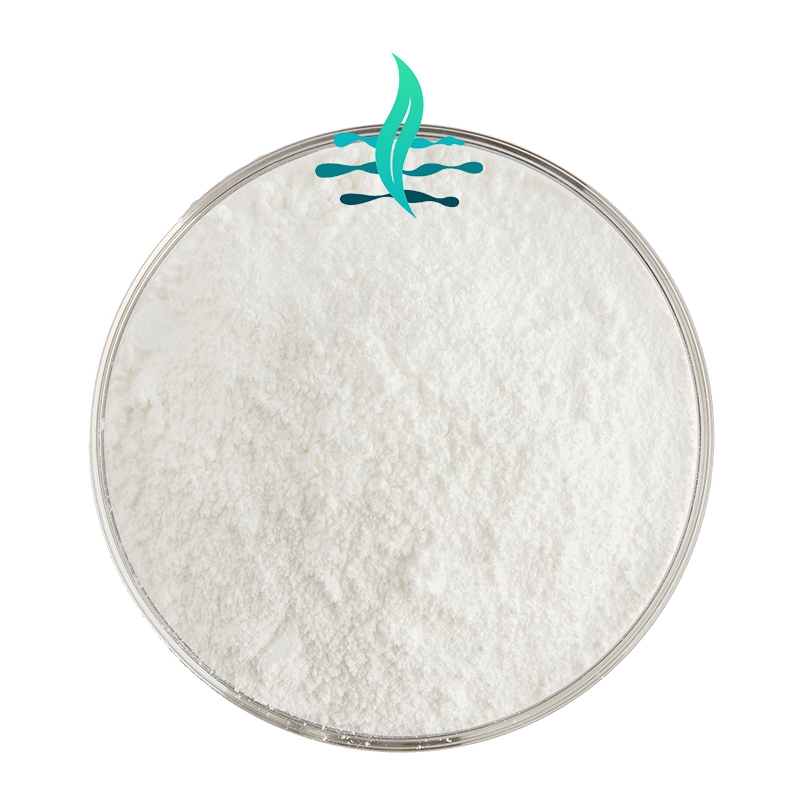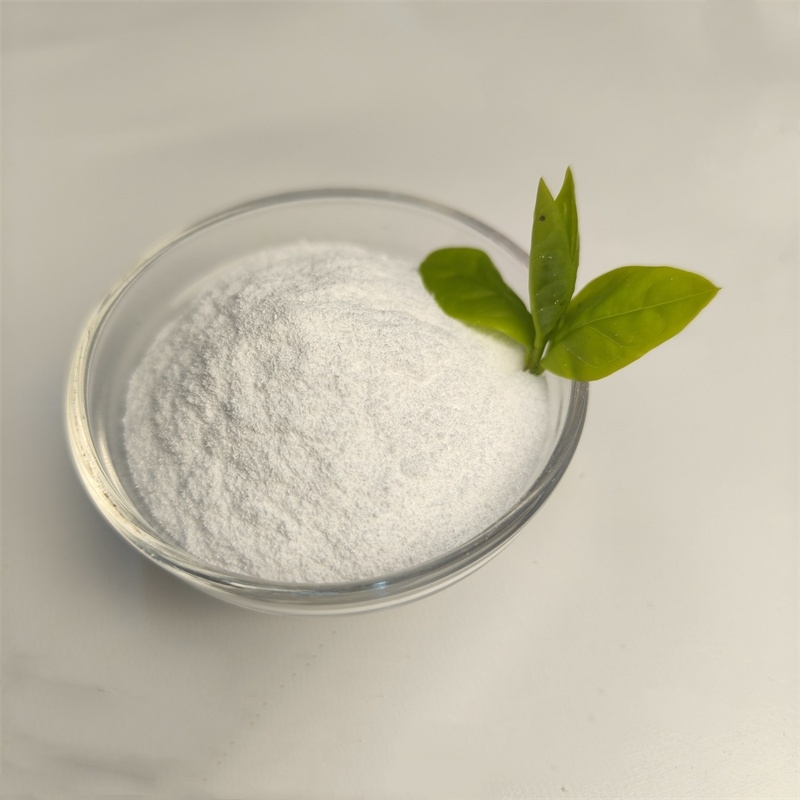-
Categories
-
Pharmaceutical Intermediates
-
Active Pharmaceutical Ingredients
-
Food Additives
- Industrial Coatings
- Agrochemicals
- Dyes and Pigments
- Surfactant
- Flavors and Fragrances
- Chemical Reagents
- Catalyst and Auxiliary
- Natural Products
- Inorganic Chemistry
-
Organic Chemistry
-
Biochemical Engineering
- Analytical Chemistry
-
Cosmetic Ingredient
- Water Treatment Chemical
-
Pharmaceutical Intermediates
Promotion
ECHEMI Mall
Wholesale
Weekly Price
Exhibition
News
-
Trade Service
April 23, 2020 / / - Liver cancer is the fourth most common cause of cancer death among the world and is growing rapidly due to the "diabetes pandemic".
study, published in Journal of Hepatology, provides strong evidence that voluntary campaigns can help prevent the most common liver cancer, hepatocellular carcinoma, and identify associated molecular signaling path path paths.
fatty liver is a common disease of obesity and diabetes, and is one of the reasons for the rapid rise in the incidence of liver cancer worldwide.
more than 800,000 people worldwide are diagnosed with the cancer each year.
is also the leading cause of cancer death, with more than 700,000 people dying from cancer worldwide each year.
Photo Source: Journal of Hepatology "So far, there have been very few effective treatments for liver cancer (mortality is close to morbidity), so there is a strong need to prevent liver cancer," explains lead researcher Dr Geoffrey C. Farrell, lead researcher in the Liver Research Group at the Australian National University (ANU) School of Medicine.
" population data show that people who exercise regularly are less likely to develop liver cancer, but there is little research on whether there is a real biological basis for this, and if so, very little research has been done to identify the molecular mechanisms that produce this protective effect, and these findings are not yet final.
Study studyed whether exercise could reduce liver cancer in obese/diabetic mice.
driven mice to eat, leading to obesity and type 2 diabetes, and they were injected with low doses of carcinogens at a young age.
half of the mice were allowed regular contact with the rollers;
by measuring the rotation of the wheel, the mice ran 40 kilometers a day.
this method slowed weight gain in three months, but by the end of the six-month experiment, even the mice who exercised gained weight.
six months, most sedentary mice developed liver cancer, while sports mice did not.
study, exercise can prevent the development of fatty liver cancer in fatty liver mice associated with obesity and type 2 diabetes.
specifically, almost all obese mice injected with low doses of carcinogens developed liver cancer within six months, while obese mice did not.
in these trials, they were completely unaffected by the development of liver cancer.
weight control does not reduce the development of liver cancer.
researchers also conducted detailed mechanism studies that partly shed light on how exercise can prevent liver cancer.
found that the beneficial effects of auto-exercise were played out through molecular signaling, two of which were the anti-cancer gene p53 and the stress-activated protein kinase JNK1.
researchers first demonstrated that the activation of JNK1 is a key factor that can be "turned off" by exercise, and demonstrated its involvement in separate studies of obese mice lacking JNK1.
they also demonstrated that the activation of p53, known as the "guardian of cells" and the "police of cancer-causing genes," is important for the regulation of p27, a cell cycle inhibitor, to prevent the continued growth of cells destined to become cancerous.
" exercise has been shown to improve some outcomes in patients with cirrhosis.
If current studies in animal models are very similar to those in humans with fatty liver disease and can be replicated in patients, exercise, even if it does not completely prevent liver cancer, may delay the onset and reduce its severity, thereby greatly improving the prognosis of patients.
addition, understanding the relevant molecular pathways suggests ways in which drugs or drug nutrients can be used to protect against exercise, thereby reducing the risk of liver cancer in overweight diabetics.
" () Reference: New study signs exercise can help help prevent liver cancer Arfianti Arfianti et al, Exercise retards hepatocarcinogenesis in micesobese independently of weight control, Journal of Hepatology (2020). DOI: 10.1016/j.jhep.2020.02.006.







